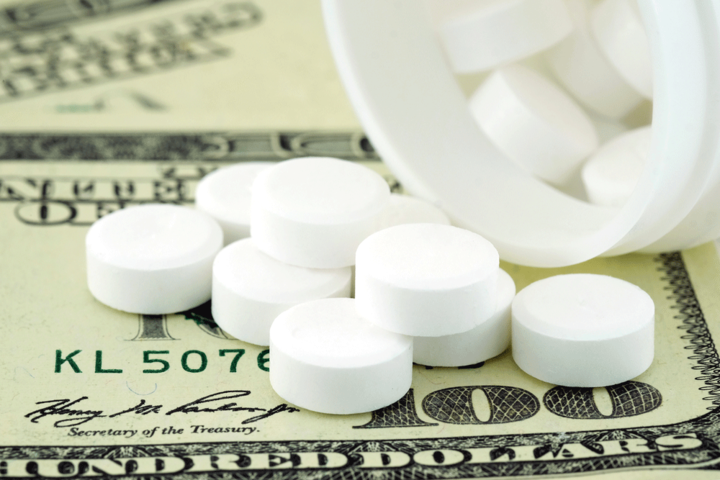A swelling sentiment against pharmaceutical companies and their role in a nationwide opioid epidemic continues to gain traction.
“The opioid community needed much more accurate information about opioid risks and benefits, and pharmaceutical companies needed to be prohibited from promoting aggressive prescribing,” said Dr. Andrew Kolodny, executive director of Physicians for Responsible Opioid Prescribing (PROP).
The driving reason the U.S. is seeing historically high levels of overdose deaths, heroin flooding into non-urban areas, and soaring rates in opioid-dependent newborns, he said, is because of the alarming increase of people suffering from conditions of opioid addiction.
Prescription painkillers claimed 18,893 lives in 2014, according to a 2016 statement by the American Society of Addiction Medicine.
“In the past year or so, there’s been a much better understanding by the public and policy makers, both federal and state, that the reason we’re in the midst of this epidemic is because opioid pain medicines have been over prescribed, and a recognition — as the prescribing started to increase — bled to parallel increases in addiction and in overdose[s] …” Kolodny said.
Former Drug Enforcement Agency (DEA) official Joseph Rannazzisi recently implicated ties between Big Pharma and Congress and told The Guardian that pharmaceutical companies and their lobbyists have a “stranglehold” on Congress, which protects a $9 billion trade in opioid painkillers.
Rannazzisi said Big Pharma recently limited the DEA’s authority to act against pharmacies prescribing more opioids than needed, all made possible by recent legislation, and pointed the finger at lobbyists who have influenced opioid legislation and policy by spending hundreds of millions of dollars to oppose new guidelines and restrictions to doctors, which were intended to reduce prescriptions similar to the properties in heroin.
In 2007, the maker of OxyContin, Purdue Pharma, L.P., and three of the company’s executives plead guilty to misleading the public about the risk of addiction to the drug. U.S. Attorney John Brownlee in Roanoke said in a press release that Purdue Pharma L.P. and the executives would pay more than $634 million in fines.
Politics as usual
In July, the Senate overwhelmingly passed the Comprehensive Addiction and Recovery Act (CARA), which intends to expand prevention and education efforts while also promoting treatment and recovery.
However, the act needs funding, and Democrats are looking to Republicans to make good on their vote to implement this bill aimed at battling this crisis through prevention, treatment and recovery options.
“The Republican response to the opioid crisis so far has been like using a piece of chewing gum to patch a cracked dam,” stated a report by the Democratic Staff of the Senate Committee on Finance. “The last thing a person needs when they make that difficult choice to reach out and fight their addiction is to be told, ‘Sorry, you have to wait.’ For someone struggling with addiction, those hours, days, or even months of waiting can be the difference between life and death.”
The bill was “‘comprehensive’ in name only,” and without critical funding, its policies become “empty promises,” the report added.
The report also acknowledged the control lobbyists have in Congress: “There is no question that the powerful opioid manufacturers have a… (continue reading)
















